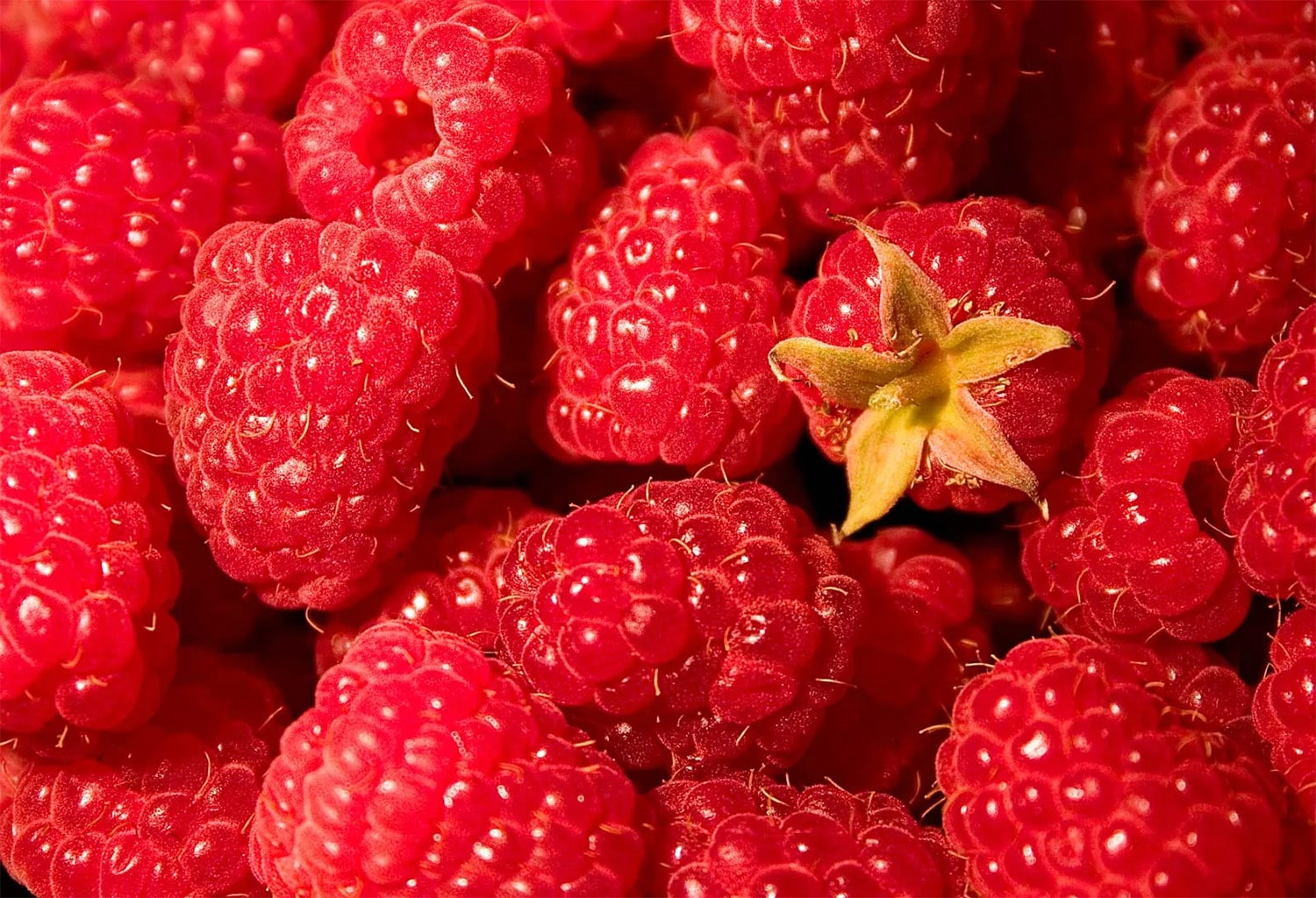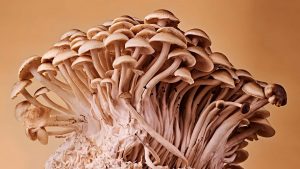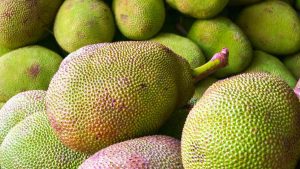
34 interesting facts about Raspberry
- 👁️ 1261
Raspberries are not only a delicious and popular fruit but also come with a host of nutritional benefits and interesting history. Belonging to the genus Rubus of the rose family, raspberries are a perennial plant that offers more than just a sweet treat. They have been enjoyed by humans for thousands of years and are celebrated for their vibrant color, distinctive taste, and versatility in culinary uses. From their origins in the wild to their cultivation in gardens and farms worldwide, raspberries hold a special place in the hearts of many. Here are 34 interesting and informative facts about raspberries that highlight their uniqueness, nutritional value, and significance.
- Raspberries come in various colors, including red, black, purple, and golden.
- The raspberry plant is a perennial with woody stems.
- Each raspberry is made up of many tiny bead-like fruits called drupelets clustered around a central core.
- Raspberries are rich in vitamins, minerals, and antioxidants.
- They are a good source of dietary fiber, vitamin C, manganese, and vitamin K.
- Raspberry plants prefer cooler climates and are native to many parts of Europe, North America, and Asia.
- The first recorded cultivation of raspberries dates back to the 4th century AD.
- Raspberries are pollinated by bees, which play a crucial role in the fruit’s production.
- The raspberry bush can produce fruit for up to 10 years or more.
- Unlike many other fruits, raspberries do not continue to ripen after they have been picked.
- Raspberries contain ellagic acid, a compound known for its cancer-fighting properties.
- The leaves of raspberry plants can be used to make herbal tea.
- Raspberries have been found in the wild since prehistoric times.
- They were once considered a luxury item and served at the court of King Edward I of England.
- Raspberries freeze well, which makes them a popular choice for long-term storage.
- The largest raspberry-producing country in the world is Russia.
- In the language of flowers, raspberries symbolize kindness.
- Raspberries are a member of the rose family.
- There are over 200 species of raspberries.
- The name “raspberry” may originate from the rough appearance of the fruit, similar to a thimble or “rasp.”
- Raspberry cultivation requires well-drained soil and full sunlight.
- The raspberry beetle is a common pest that affects raspberry plants.
- Raspberries are low in calories but high in taste.
- They contain more vitamin C than oranges.
- Black raspberries are often mistaken for blackberries but are a different fruit.
- Raspberries have been used in folk medicine for their antipyretic (fever-reducing) properties.
- The golden raspberry awards, or “Razzies,” are a playful take on the Academy Awards, given for the worst film performances.
- Raspberries play a significant role in the ecosystem, providing food for wildlife.
- The average raspberry has about 100 to 120 seeds.
- Raspberries can be grown in containers for those with limited garden space.
- The United States is a major producer of raspberries, particularly in the Pacific Northwest.
- In ancient Greek mythology, raspberries were associated with fertility and childbirth.
- Raspberries can help reduce inflammation and combat oxidative stress.
- The growth cycle of a raspberry from flowering to fruit maturity is about 120 days.
Raspberries are much more than a tasty addition to the fruit bowl. With their rich nutritional profile, long history of cultivation, and wide range of varieties, raspberries offer a fascinating glimpse into the world of horticulture and nutrition. Whether enjoyed fresh, frozen, or in a myriad of recipes, raspberries continue to delight and nourish people around the globe. Their versatility and health benefits make them a valuable fruit for both culinary and medicinal purposes. As research continues to uncover the many advantages of raspberries, it’s clear that this small fruit holds a big place in our diets and hearts.











